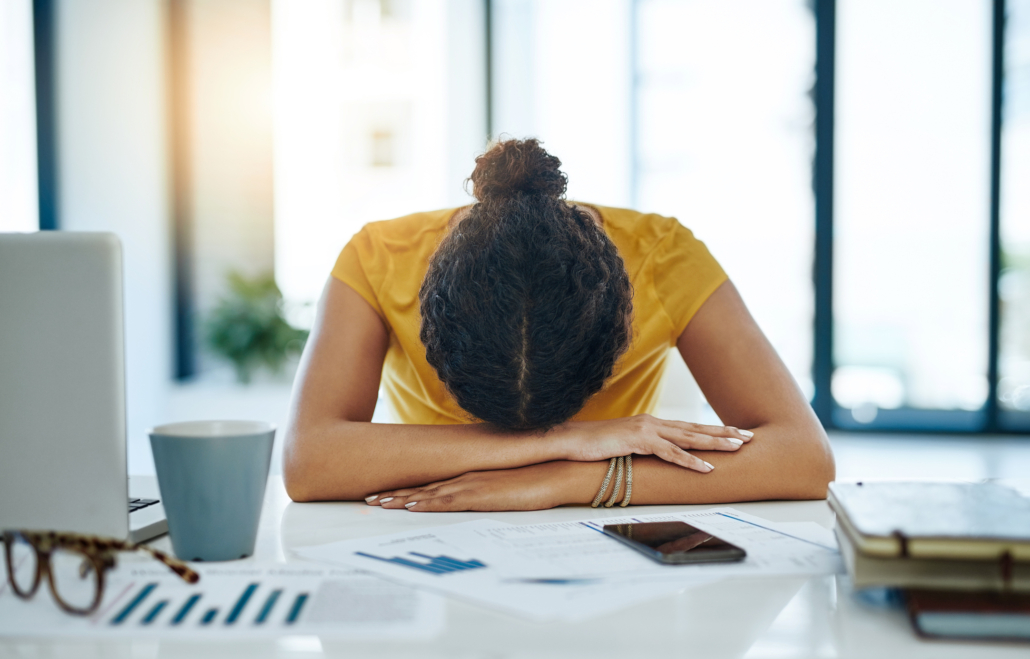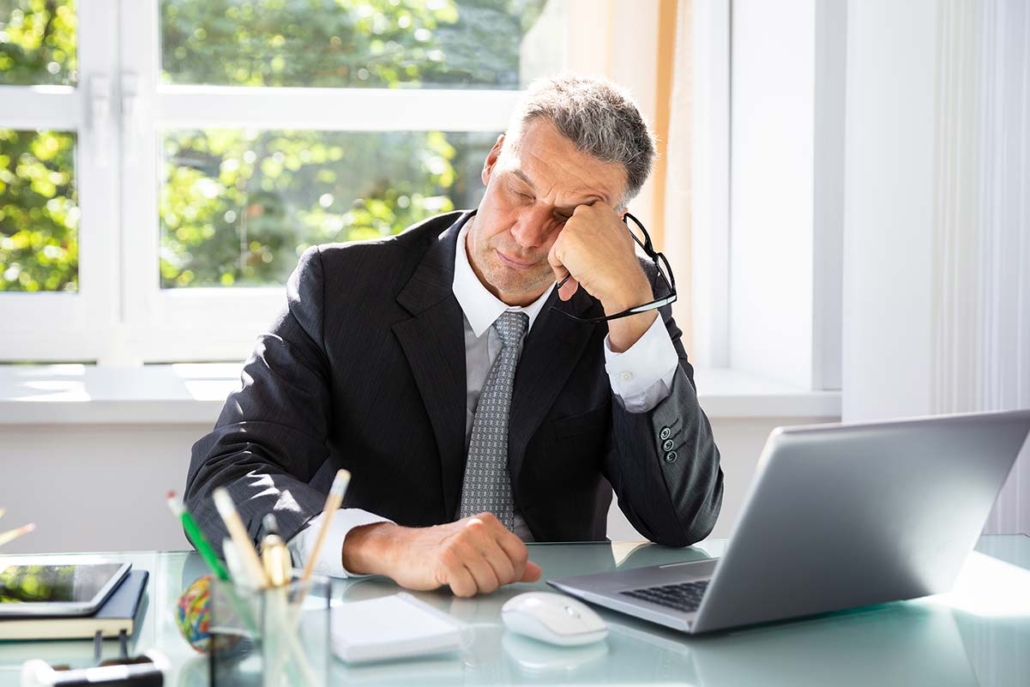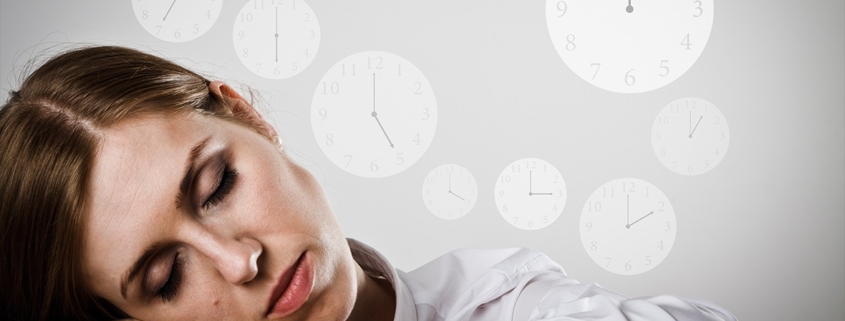Excessive Daytime Sleepiness: Causes, Test and Treatments
Excessive daytime sleepiness is described as issues staying awake or alert, or a higher desire to sleep in the daytime. The feelings of sleepiness might be stronger when you’re sedentary, for example when driving or sitting down at work. Even though it’s normal to feel drowsy occasionally right after going short in sleep, it’s deemed excessive daytime sleepiness when this occurs nearly every day for around 3 months.
It’s easy to mistake sleepiness with fatigue, given that both problems are recognized by too little energy and could occur under identical circumstances, like getting awake for a long period. The main difference is that individuals with fatigue might be unable to fall asleep in spite of feeling tired and sluggish. It’s also possible to encounter simultaneous sleepiness and fatigue.

Symptoms and Consequences of Excessive Daytime Sleepiness
Sleep plays a huge role in consolidating memory, rebuilding the immune system, and also other essential processes. Consequently, deficiencies in quality sleep might cause a number of symptoms which you might not instantly link to sleep.
Even if you don’t knowingly feel sleepy, you might be experiencing excessive sleepiness in case you’re experiencing any of these:
- Difficulty staying alert
- Irritation
- Memory issues
- Difficulty concentrating
- Trouble keeping new concepts
- Trouble making judgements
- Slower response times
- Risk-taking actions

Getting sleepy could have wide-ranging consequences on well being and everyday life. Effects of daytime sleepiness include:
- Greater danger of car and work incidents
- Reduced work efficiency or academic performance
- Worse quality of life
- Difficulties controlling mood and emotions
- Social and relationship issues
- Extreme sleepiness might be particularly risky for young adults, shift employees, healthcare staff, and individuals who drive a lot.
Long-term sleep deprivation may be associated with a greater chance of getting diabetes, obesity, cardiovascular disease, as well as other chronic problems. Daytime sleepiness in kids might impact development, while in older adults, daytime sleepiness raises the danger for falls and could be a risk factor for cognitive impairment, loss of memory, and earlier death.
What Can Cause Excessive Sleepiness?

There are lots of possible reasons for excessive daytime sleepiness. Probably the most common factors is a long-term deficiency of sleep, no matter whether because of long working hours, an irregular schedule, insomnia, or some other reasons.
Excessive sleepiness may also be brought on by getting fragmented or poor-quality sleep. Waking up many times every night to use the washroom, for instance, interferes with the natural development of the sleep stages and could minimize the percentage of restorative slow-wave sleep. Cigarette smoking, not working out enough, along with other lifestyle habits can also hinder sleep quality and bring about daytime sleepiness.
Numerous people who encounter excessive daytime sleepiness don’t look to have any difficulties sleeping enough. In these instances, sleepiness can be a sign of an underlying health problem or sleep issue.
When to Speak To Your Doctor

You need to see a doctor in case you’re feeling exhausted at all times, if excessive daytime sleepiness has effects on your day-to-day life, or if you think it may be an indication of an underlying problem.
Your doctor will manage tests and inquire questions regarding your sleep habits to try to identify the reason behind your sleepiness. They might also inquire your bed companion whether you gasp, snore, or move your legs during sleep. In case they suspect a sleep problem, they might recommend you to a sleep specialist to perform additional tests.
Treatment methods for daytime sleepiness depend upon the cause. The doctor will probably begin by suggesting sleep hygiene tips and motivate you to have more sleep. They might modify the medicines you are taking, and they’ll also work along with you to come up a treatment plan for underlying issues, that should be treated in themselves.

